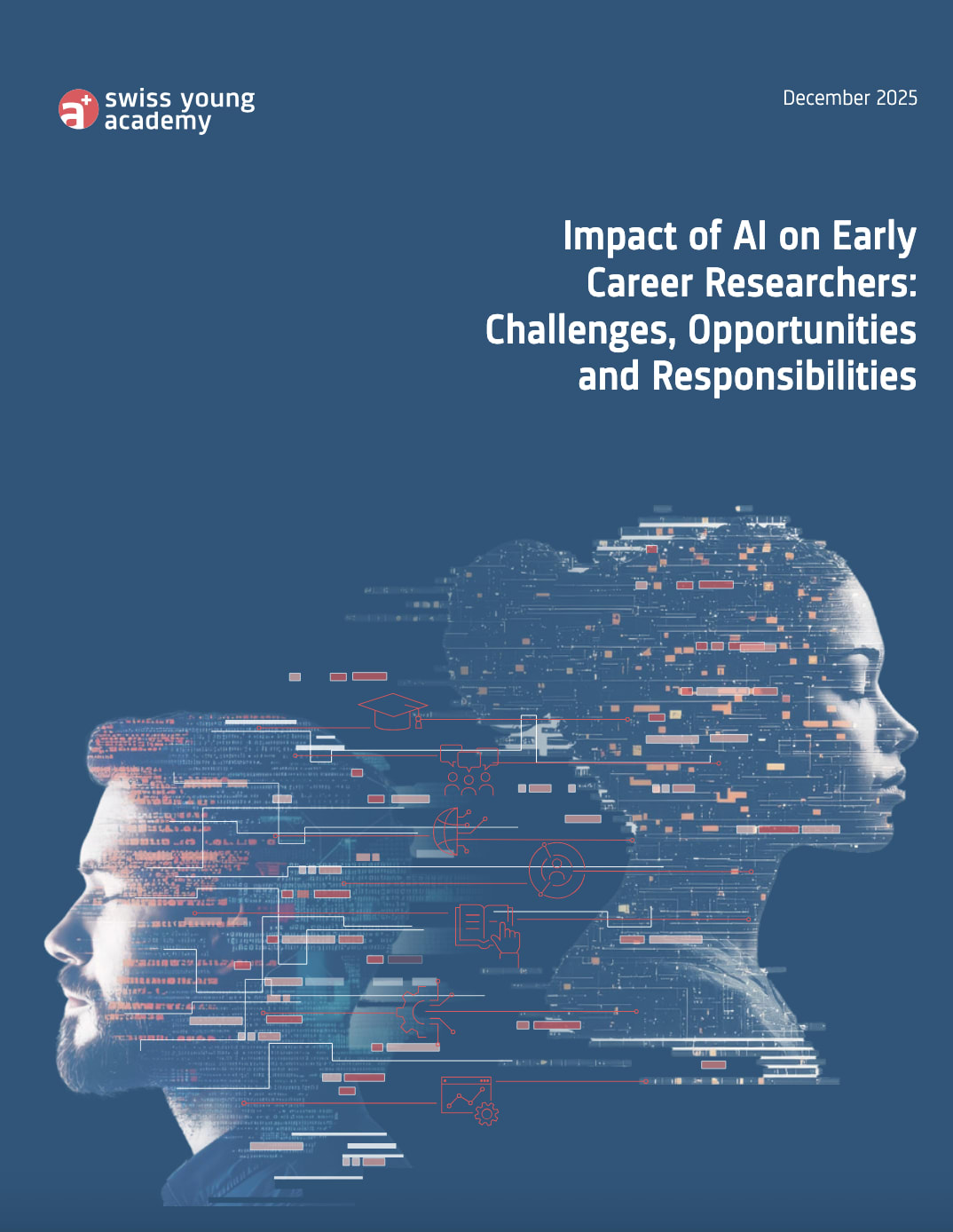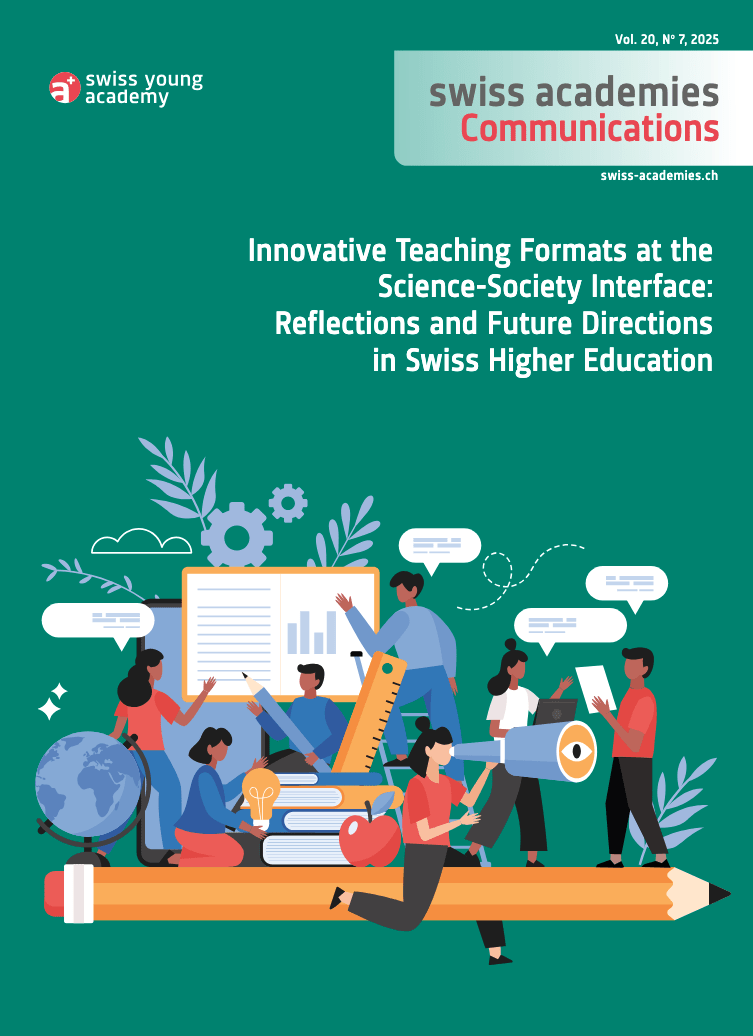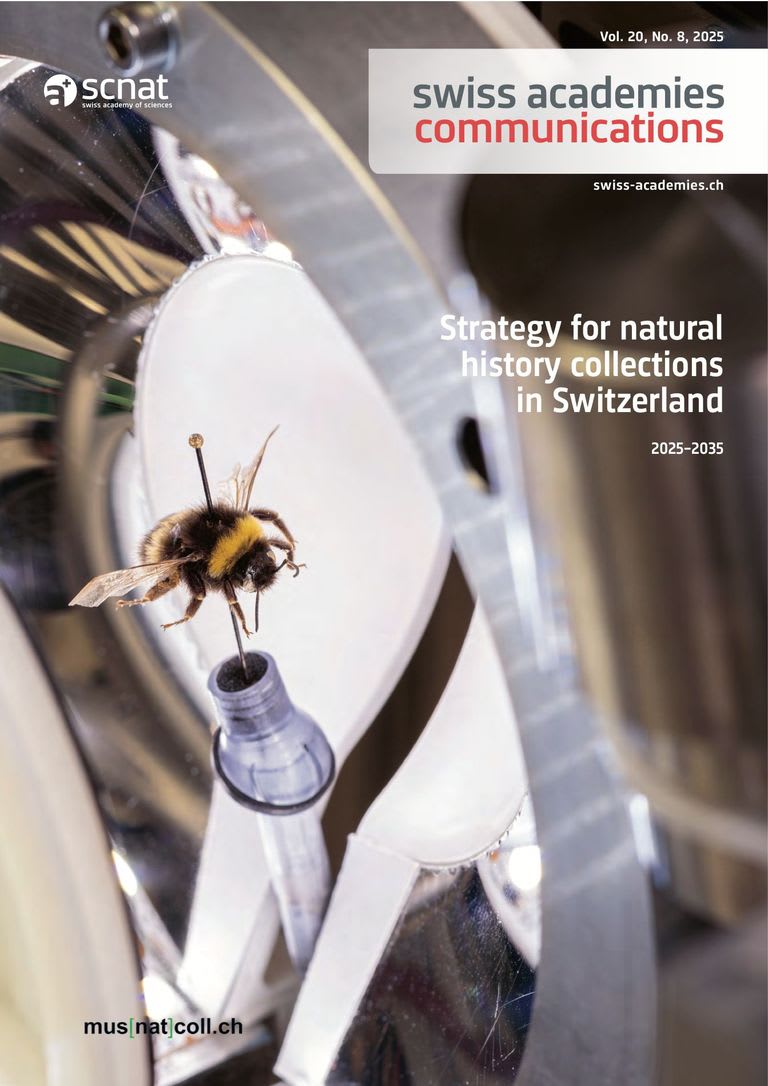Swiss Academy of Humanities and Social Sciences SAHS
Bulletin 1/20 «Ungleichheit – Inégalité» (German and French)
Uns geht es besser denn je! Folgt man Wissenschaftlern wie Steven Pinker ist dies pure Empirie. Dem strauchelnden Individuum mag dies zynisch vorkommen, der Einzelfall dem Statistiker stereotyp erscheinen. Wie immer ist es ist eine Frage der Perspektive.
Das Dossier erhellt die multidimensionale Herausforderung «Ungleichheit» durch Expertise aus den Geistes- und Sozialwissenschaften und denkt konzeptionell verwandte Begriffe wie Gerechtigkeit, Differenz und Diversität mit.
Externe AutorInnen (nach Reihenfolge der Beiträge):
Tobias Brücker, Dominique Vinck, Sandro Cattacin, Monica Budowski, Marius Brülhart, Felix Bühlmann, André Mach, Stéphanie Ginalski, Thomas David, Johnny Miller, Sabine Strasser, Janine Dahinden, Martine Schaer, Stefan Groth, Dario Petrini, Laurent Zecha, Florian Müller




